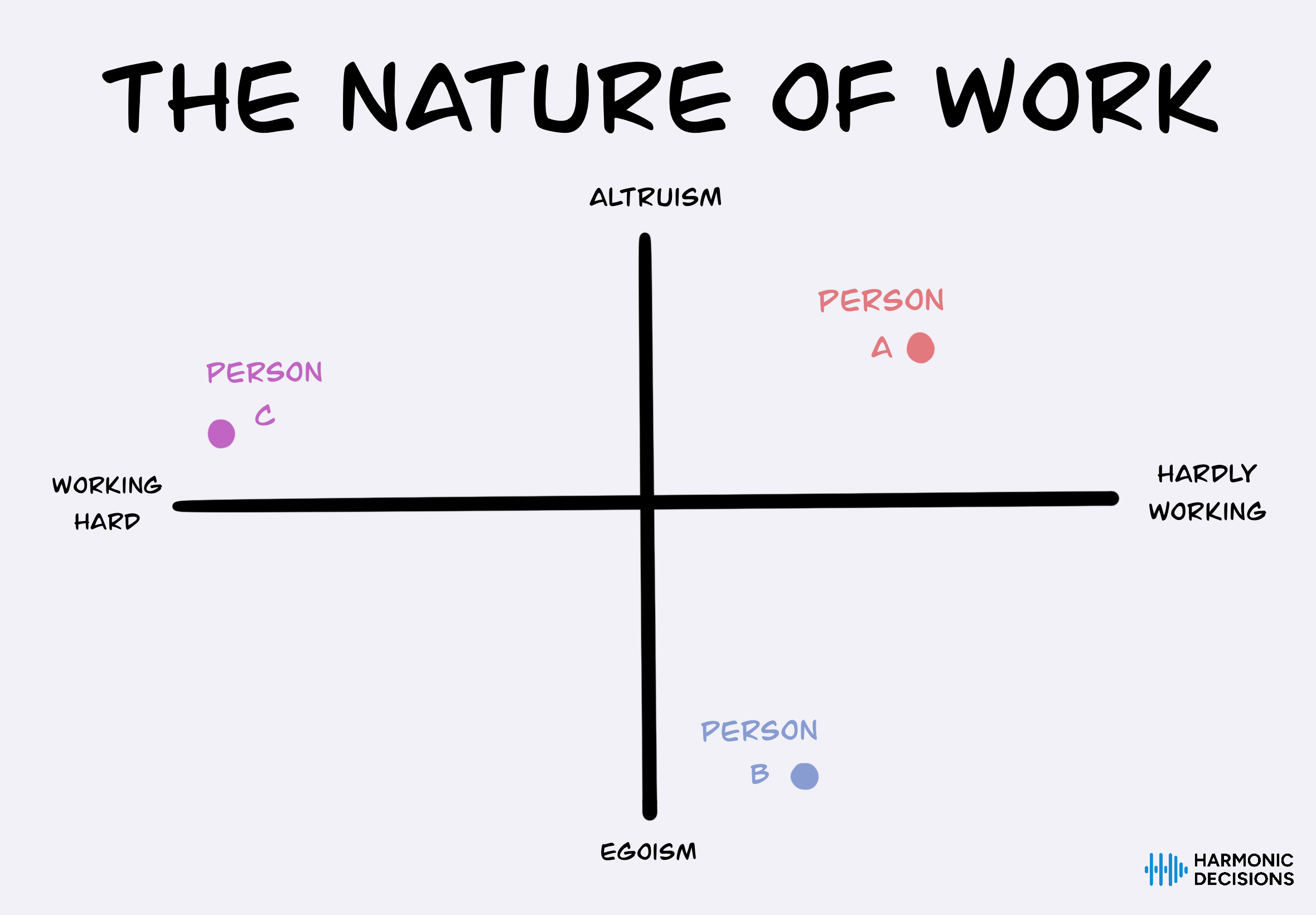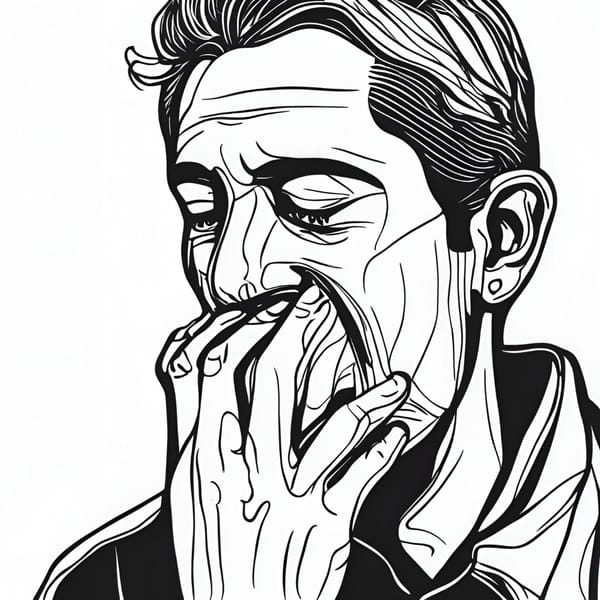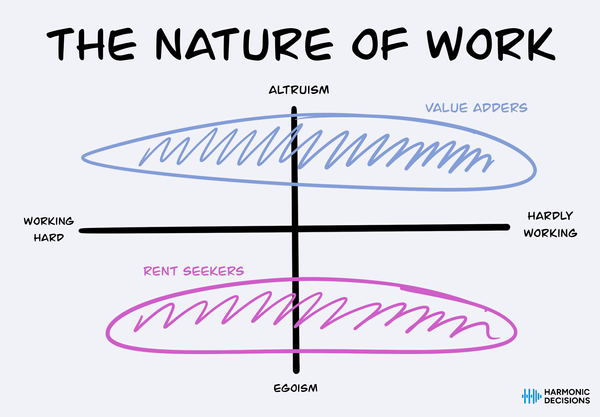Exactly one year ago today, I started an 8-month long sabbatical. I traveled, worked on personal projects, and had some amazing experiences. I'm now working again, but I often find myself reminiscing as taking a career break was honestly one of the best decisions I've ever made. My break from corporate life gave me time to think and reflect on many topics, but one thing that consistently came to mind was the nature of work.
So, I figured I'd share some of those reflections with y'all.
It's not immediately clear what the relationship between our careers and decision-making is, but it's actually quite obvious: We choose our careers. Our decision-making process may not have been as formal as we might envision, most decisions being made, but a choice was made nonetheless. Whether we took a job to pay the bills or found something related to our college major, some internal motivation influenced our choices.
Our internal motivation varies based on the life situations we find ourselves in. It's easy to imagine how someone's motivation for working changes once they have a family and children to provide for or how being connected to a company's mission brings out the best in someone. However, we may not always have that internal motivation in the front of our minds. Because so many of our internal motivations are subconscious - we may not realize we've been influenced into a particular career because of social media, peer pressure, or parental expectations - we can often lose sight of WHY we work. Rather, we'll often focus on HOW we work.
How we work is what other people see: it's not only the effort we put into what we do but also more subtle things like our attitude towards our coworkers or customers, our appearance, and our general professionalism. For example, a waiter might be working very hard to bus tables and take orders - but if their attitude towards customers is rude and they're dressed shabbily, chances are people might not appreciate the waiter's service.
It's important to note that both our internal motivation and external effort are spectrums. This allows us to make a handy little graph where we could place ourselves and, theoretically, everyone else - if only we understood their motivations:

Simply put, we place external effort on the horizontal axis and internal motivation on the vertical axis. Our external effort, or HOW we work, ranges from working hard to hardly working, while internal motivation, or WHY we work, ranges from working for your own ego to working for others.
The power of this framing is its abstraction. By keeping HOW and WHY we work as the axes, this framing is independent of WHAT we do. This allows for it to apply to everyone, whether they're a stay-at-home mother or a C-level executive. It's not restricted to white-collar knowledge work, specific ages, or certain educational backgrounds.
This framing of the nature of work helped me evaluate my past career experiences and gave structure to how I wanted to approach my career in the future. Thinking back on my younger self, I could identify my motivation and effort at various years of my life. This resulted in another insight: the nature of work isn't static.

This is an example of what someone's path could look like throughout their life. Switching careers due to having a family to support is a common situation, as is choosing a job that allows one to spend more time with family and requires less professional effort.
Another aspect of this framing is that it's not prescriptive. A visualization of your current and past situations is not going to tell you about what to do going forward. Still, it may help inform any decisions made about the future. With some introspection, we might be able to confidently say where we would like to be in this framing in the future.
The last thing I'll mention about this framing is that it makes no moral judgments. Altruism and egoism are charged words, and we associate hard work with virtue while being "hardly working" is looked down upon. However, many people benefit the world despite seemingly egotistical in their motivations.
For example, Steve Jobs famously said, "We're here to put a dent in the universe." On its surface, this sounds very egotistical - and every biography of the man will tell you he had a large ego. However, this statement indicates a desire to benefit the world in a large way. We must understand that our stated goals for doing something often obscure our true intentions.
This framing is the result of deep thought during my sabbatical. I haven't found this exact framing in anyone else's work, but I would be dishonest if I didn't say that others have inspired this framing. I recommend some of these thinkers and writers on the Bookshelf, where I'll link their books and occasionally post my notes from them.
As always, I would love to hear your thoughts. Registered readers can access the Discord community and comment on articles posted on the site. Everyone is always welcome to get in touch.










Member discussion